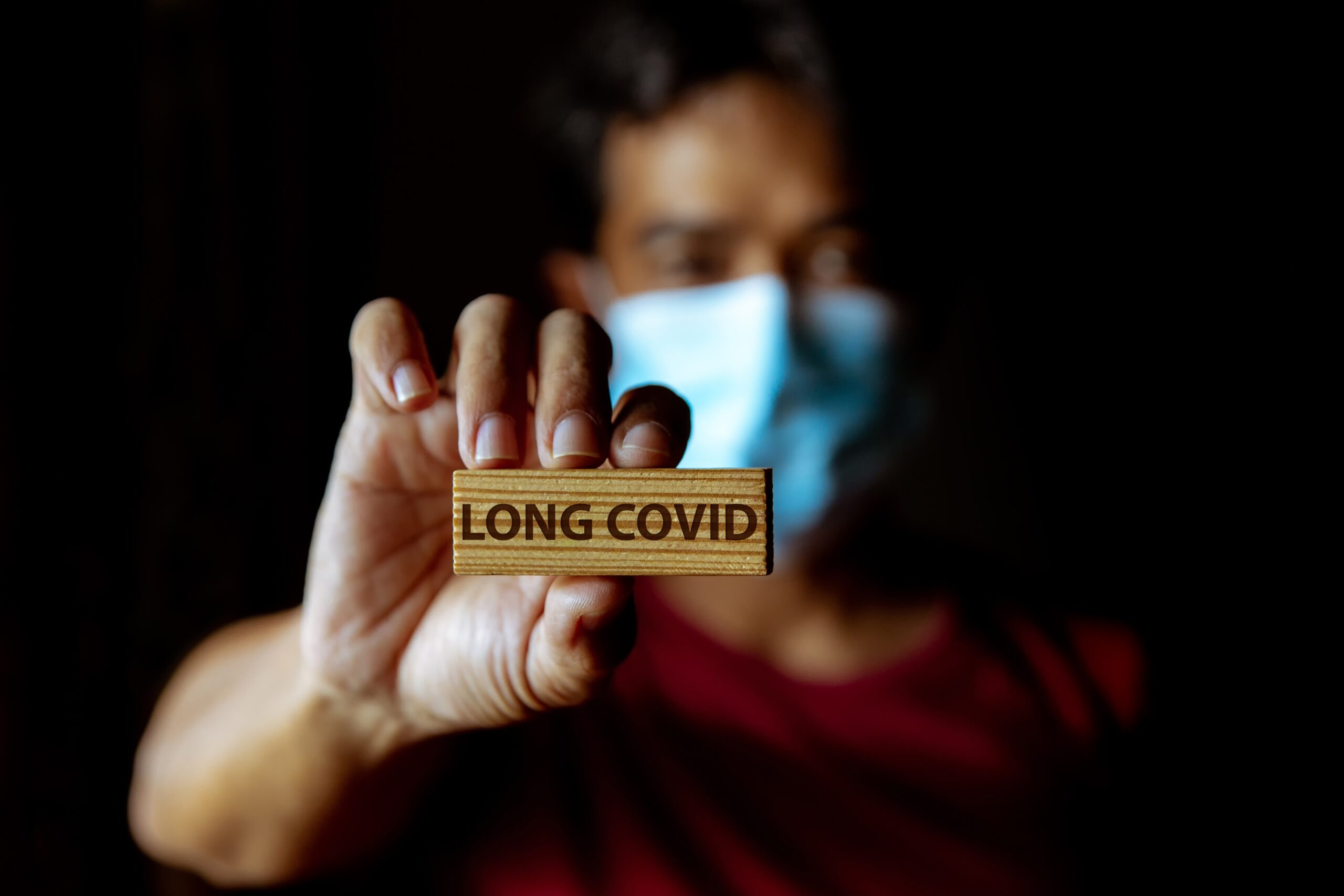Imagine a world where maintaining a lush mane is as simple as nurturing your scalp, and where new discoveries in genetics are letting us flip the “hair growth” switch. The future of hair care is here, and it’s all about the scalp.
At a Glance
- Scalp health is crucial for hair growth, with inflammation and oxidative stress as major disruptors.
- Recent research highlights the genetic regulation of long scalp hair growth.
- New treatments targeting scalp issues are improving hair density and reducing shedding.
- The hair care industry is shifting focus towards scalp-centric products and therapies.
The Evolution of Hair Care
For centuries, humans have obsessed over hair, using it to signify everything from health to social status. But the real game-changer has been the understanding of scalp health. Early research linked scalp conditions like dandruff and psoriasis to poor hair quality. Now, thanks to advances in molecular biology, dermatologists are unraveling the complex relationship between scalp conditions and hair health.
Recent clinical studies have quantified how targeted scalp treatments can improve hair density and decrease shedding. The modern hair care industry is responding to these findings by moving away from mere cosmetic fixes towards therapies that address the root of the problem—literally.
Who’s Who in the Hair Revolution
The main players in this hair-raising drama are dermatologists, researchers, and pharmaceutical companies. Dermatologists and researchers drive the clinical studies and educate the public, while pharmaceutical giants develop and market innovative scalp health products. Consumers, always on the lookout for effective solutions, influence market trends and product success. Meanwhile, regulatory agencies ensure the safety and efficacy of these treatments.
Decision-makers like leading dermatologists and regulatory bodies set standards for product claims and treatment protocols. Influencers, from social media personalities to beauty experts, further shape public perceptions and consumer behaviors regarding scalp health.
The Latest in Scalp Science
The most exciting development comes from Penn State researchers, who in 2025 proposed a molecular “switch” theory. This theory suggests that the ability to grow long scalp hair is genetic and could be manipulated for therapeutic purposes. Meanwhile, a 2022 Cleveland Clinic study found that antioxidants and barrier-enhancing ingredients significantly improved scalp health and increased hair density over just 24 weeks.
Experts highlight oxidative stress and inflammation as key factors in scalp-related hair loss. Addressing these issues can drastically improve hair retention and quality, sparking a surge in scalp-focused products like medicated shampoos and antioxidant serums.
Impacts and Future Directions
In the short term, improved scalp health regimens lead to reduced hair shedding and increased hair density. Long-term, we might see personalized medicine approaches targeting individual scalp conditions and genetic predispositions. The hair care industry is already adjusting its priorities, focusing more on preventive care and scalp diagnostics.
The global hair care market is projected to grow as scalp health becomes central to the conversation. Social stigma around hair loss may decrease, with effective treatments becoming more available. This shift is prompting increased collaboration between dermatology, biotechnology, and consumer product sectors, though regulatory scrutiny is likely to intensify.








